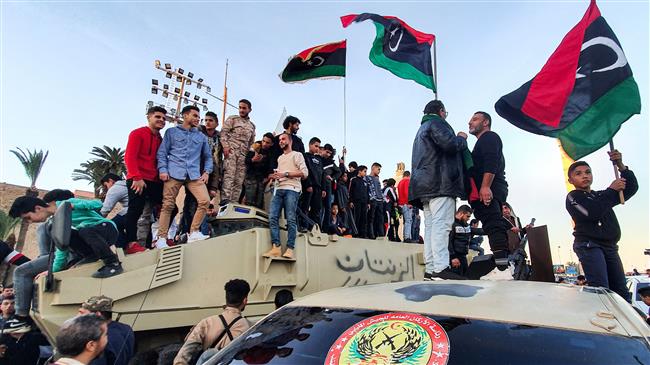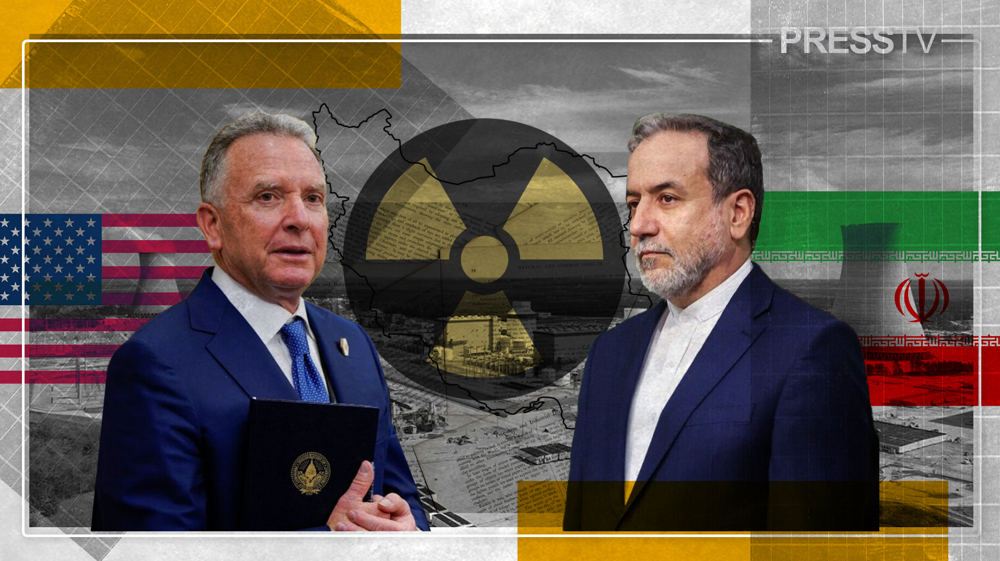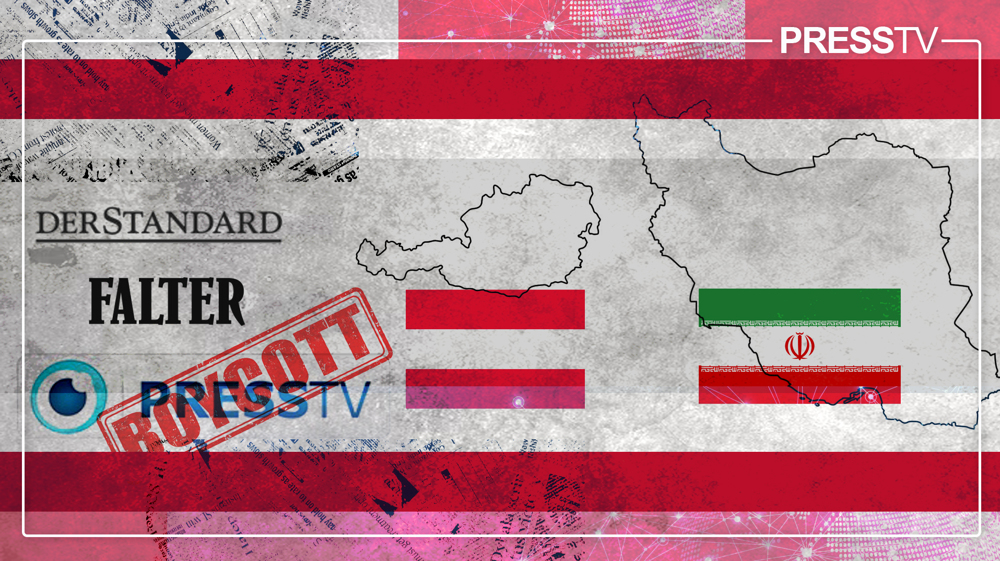Turkey harboring neo-Ottoman expansionist ambitions in Libya?
By Robert Inlakesh
(Robert Inlakesh is a journalist, writer and political analyst, who has lived in and reported from the occupied Palestinian West Bank. He has written for publications such as Mint Press, Mondoweiss, MEMO, and various other outlets. He specializes in analysis of the Middle East, in particular Palestine-Israel. He also works for Press TV as a European correspondent.)
With Turkey’s decision to deploy its forces to Libya, in support of the UN-recognized Government of National Accord (GNA), in order to fight against opposition warlord Khalifa Haftar’s forces, Turkey could risk opening up a wider escalation in the North African country’s ongoing civil war.
Turkey, late last year, began amping up its support for the United Nations-recognized government of Libya, based in its capital, Tripoli, during opposition figure Khalifa Haftar’s push to take the city. Khalifa Haftar leads the LNA (Libyan National Army) forces and has captured approximately two-thirds of Libya’s territory, including most of the country's natural resources.
The GNA, headed by Fayez al-Sarraj, has suffered damning defeats on the battlefield and was in need of support from a willing ally. The LNA opposition receives support from Saudi Arabia, the UAE, Egypt, Israel, France, Jordan, and Russia, leaving the GNA, until the intervention of Turkey, virtually helpless. However, as with most alliances, the Turkish alliance with Libya’s GNA comes with certain benefits for the more powerful of the two countries.
First of all, Turkey has an interest in securing Libya for the access it will gain to Libyan resources, which it currently endeavors to excavate from the sea. There is in addition to this, seemingly, an element to Turkey’s policy which seeks to disrupt allied NATO trade roots, involving also the Israelis and Greece in this equation.
Also Turkish President Recep Tayyip Erdogan has been accused of working to bring back the Ottoman Empire, carrying with him a neo-Ottoman vision. A lot of these accusations arose in the wake of the Turkish invasion and occupation of Syrian lands in the country’s North. In the land surrounding the city of Afrin, taken by Turkish forces during operation Olive Branch (2018), there have been several reports indicating attempts to Turkify the Syrian population there. If Turkey is seeking to follow a neo-Ottoman strategy, and if Turkey decides to attempt a Russian-Syria-style salvation of land for the GNA government, we may see an attempt to Turkify populations in Libya.
Already, Turkey has sent thousands of proxy forces from Syria, which helped comprise the Turkish-backed "Syrian National Army (SNA)" in northern Syria. This group is comprised of militants who were previously fighting against the Syrian government and has sparked criticism as Turkey has reportedly offered these forces Turkish citizenship and other monetary perks in return for fighting for Turkey. There have also been reports of Turkish special forces being deployed to Libya to aid the GNA in its fight against Khalifa Haftar’s LNA, as well as the shipment of military equipment such as air defenses to aid the Tripoli government.
If Turkey can aid the Tripoli-based Libyan government to roll back Khalifa Haftar’s forces, it will come with great benefits to Turkey, which would then have a close partnership with a country rich in natural resources.
With the current ongoing tensions between Turkey and Syria-Russia in Syria, following the end of the Syrian government's operation to liberate more pockets of the Idlib Province, we will likely see a large focus on Libya from Turkey. Turkish President Erdogan knows that he cannot defeat the Syrians/Russians and that he is all but powerless when it comes to stopping the current offensive against Hayat Tahrir al-Sham (formerly Jabhat al-Nusra) in eastern Idlib, so it is entirely possible that instead of Syria, he will begin focusing more of his efforts on Libya, where he has much more to gain.
On top of all of this, however, is another key issue which should be factored into any analysis, the new Turkstream pipeline, which means that Turkey will become dependent on Russia for its natural gas. This evidently would bring both countries together, rather than pull them apart, and is leading to a closer alliance between Turkey, Russia, and also other regional countries in the future. Turkey is currently still a NATO member ally; however, it has been breaking slowly away from the block as its interests lie elsewhere.
This may be why we see Turkey making such bold moves in the Mediterranean and aggravating the likes of Greece with its Libya trade deal. We are currently seeing a shift in regional alliances and control and it does seem that Turkey wishes to be a major player in the future of the region.
(The views expressed in this article do not necessarily reflect those of Press TV.)
VIDEO | Another Gaza medic dies in Israeli custody
VIDEO | Hezbollah says prepared to defend Lebanon, does not seek war
VIDEO | Celebrations held across China to welcome New Year
VIDEO | Mexico’s historic battle reenactment draws over 200,000 visitors
'ICE-style enforcement': nearly 70 groups slam EU migration policy
Araghchi holds key meetings in Geneva ahead of indirect Talks with US
Iran to hold 40th day commemoration for martyrs of terrorist riots
VIDEO | Pushing for peace











 This makes it easy to access the Press TV website
This makes it easy to access the Press TV website